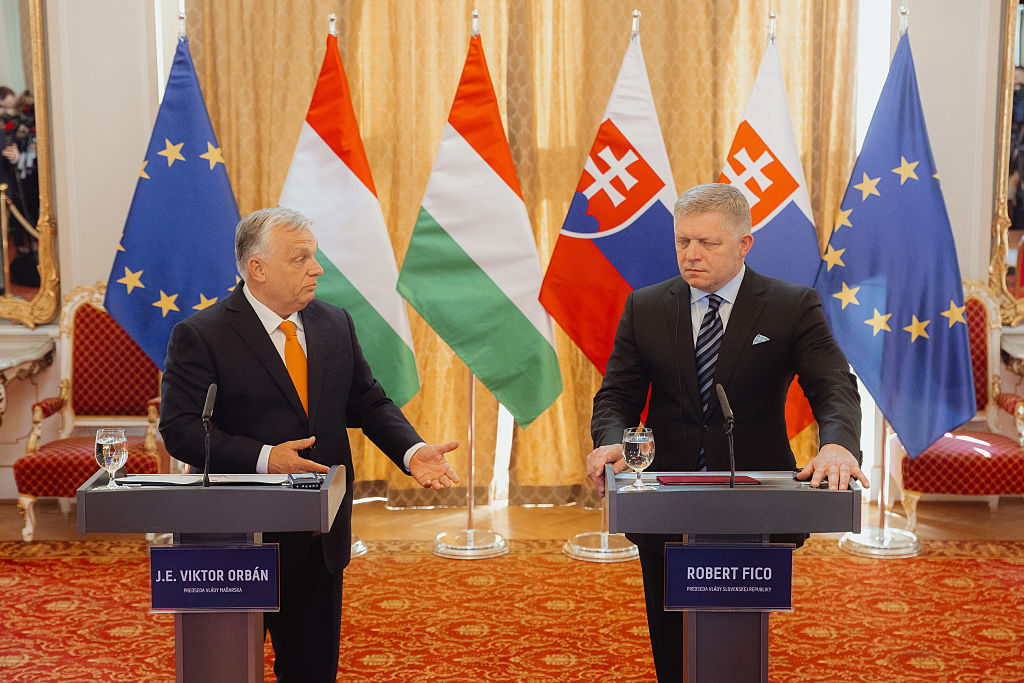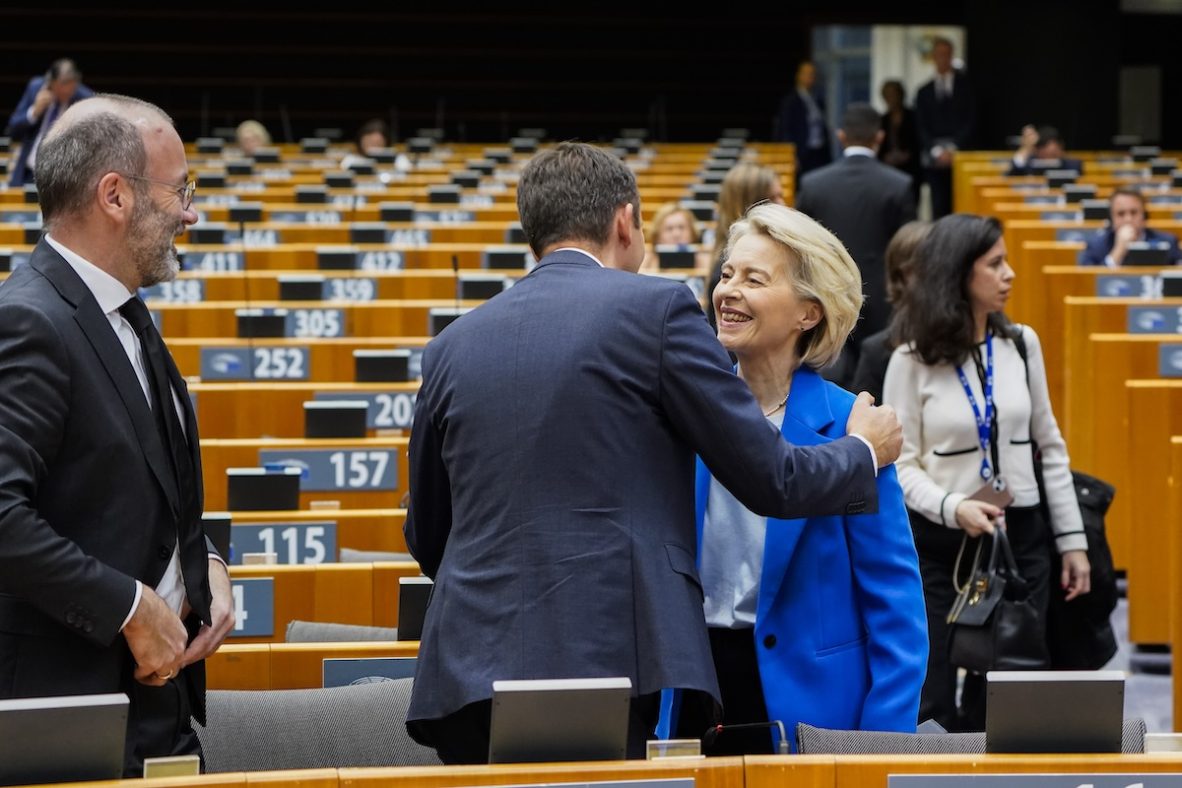EU citizens won’t accept democratic backsliding, says new study
‘Fine if they do. Fine them if they don’t’ – a new study demonstrates that Europe’s citizens expect their leaders to abide by European Union principles, values and laws. If they fail to, citizens want penalties enforced.

Research and experiments in Germany, Italy, Poland and Sweden show that a majority of respondents favour EU action against governments that violate democratic norms – even if it comes at a cost to themselves or the Union as a whole.
‘Democratic backsliding and support for public good provision in the European Union’, a study conducted by political scientists Max Heermann, Sharon Baute, and Dirk Leuffen, the study investigates how citizens across the EU react when member states begin to undermine democratic standards.
The new study finds that European citizens are willing to put democratic principles above national loyalty, supporting financial penalties for countries that flout EU norms. The report illustrates that cohesion policy is not immune to the political tensions caused by democratic backsliding.
A cohesion dilemma
Cohesion policy, the EU’s key instrument for promoting economic and social convergence, is placed at the heart of the report’s discussion. By channelling substantial financial support to less affluent regions, the policy has played a vital integrative role in the bloc.
Yet, the authors highlight a paradox – cohesion funds have at times buttressed regimes engaged in democratic backsliding by providing resources without sufficient political conditionality.
Although mechanisms linking fund disbursement to respect for the rule of law have been introduced, institutional constraints and political compromises have often blunted their effectiveness.
As a result, cohesion policy stands as both a symbol of solidarity and a battleground for the EU’s democratic integrity.
Citizens back sanctions
Hungary serves as a central example. Since Viktor Orbán took office in 2010, the country has seen a steady erosion of democratic checks and balances, judicial independence and media pluralism.
Despite the EU’s legal arsenal – including infringement procedures and rule of law conditionality – Brussels has struggled to halt this decline.
The study attributes this to weak enforcement tools, reluctance among EU institutions to escalate tensions, and Hungary’s strategic use of its institutional position to avoid repercussions.
Nonetheless, the research suggests that citizens across Europe still prefer decisive action over inaction. Public support for tying EU funding to democratic standards is strong, even if it slows down wider EU objectives.
Tolerating Hungary… no more
To tackle the situation, the authors call for a more consistent and principled application of conditionality mechanisms, alongside greater support for civil society actors within affected member states.
A recent policy brief by Thu Nguyen, deputy director at the Jacques Delors Centre, reinforces these recommendations. Nguyen argues that Orbán’s continued breach of EU principles demands a structured, legal response – not expulsion, which is neither feasible under EU law nor fair to Hungarian citizens.
Instead, she outlines a three-step strategy to curtail Orbán’s influence while staying within the EU’s institutional boundaries.
Reining in Budapest
First, the EU should maintain its freeze on cohesion funds. With around €22 billion currently withheld due to rule of law violations – equivalent to roughly 11 per cent of Hungary’s GDP – financial leverage remains one of the most effective tools at the EU’s disposal.
This pressure should extend to future EU financing, including defence budgets, unless reforms are enacted.
Secondly, Hungary should be politically isolated. This means advancing key initiatives through “coalitions of the willing”, even beyond EU borders, as seen in discussions involving the UK on defence cooperation.
Far from threatening EU unity, this differentiated integration model mirrors previous developments such as the Schengen area and the eurozone.
Finally, the argument is made that the EU should move to suspend Hungary’s voting rights in the Council. While Article 7 proceedings have stalled in the past, Nguyen suggests that a shift in political dynamics – especially after Poland’s recent change in government – may open a path forward.
Even if full suspension remains unlikely in the short term, initiating the process would signal that the EU is no longer willing to tolerate persistent violations of its core values.
In the long term, however, Nguyen underscores the need for institutional reform – particularly the removal of the unanimity requirement in critical policy areas. So long as a single member state can veto collective decisions, the EU remains vulnerable to internal sabotage.
The stakes, she warns, are nothing less than the Union’s ability to function – and its future viability.
[Edited By Brian Maguire | Euractiv’s Advocacy Lab ]









